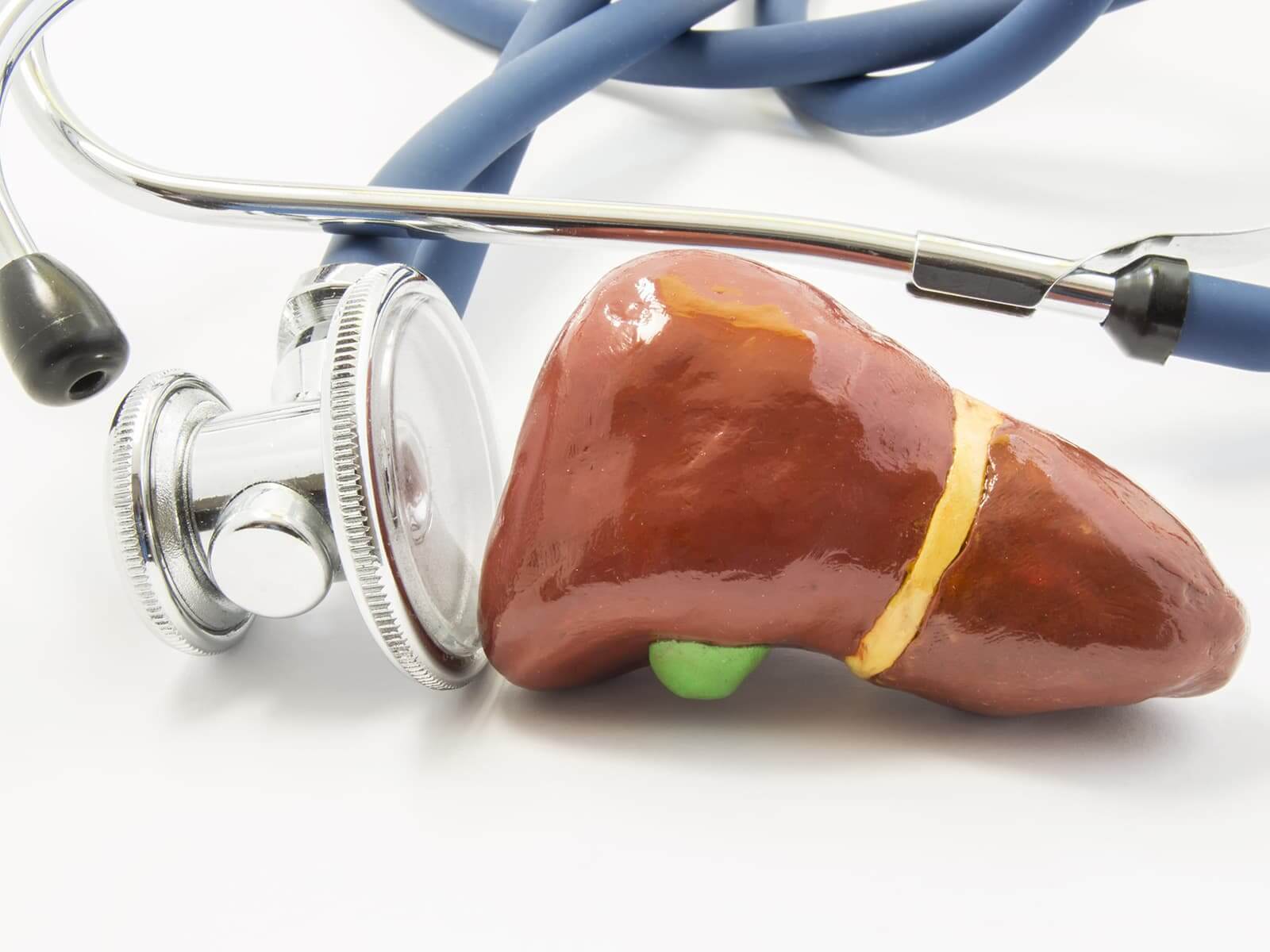
Eosinophilic jejunitis is a relatively uncommon inflammatory disorder where eosinophils, which are a type of an inflammatory white blood cell, deposit in the jejunum (middle part of small intestine). These cells instead of inhibiting infection cause a state of irritation, swelling and tissue destruction. This diagnosis has an ICD-10 code of K52.81.
Symptoms differ in each person however the most common ones are reported to include:
Its precise etiology is unknown, though a number of potential risk factors have been established:
Our top priority at GastroDoxs in Houston is your digestive health by getting you an individualized treatment plan, state-of-the-art tests, and advanced multidisciplinary staff dedicated to your well being. Eosinophilic jejunitis should not be allowed to stop you; every day just book your appointment and make the first step towards permanent relief. Make an appointment or call 832-476-1649 to make appointment now.
We've successfully treated more than 1k patients, helping individuals improve their digestive health and overall well-being through expert, personalized care.
With over 20 years of experience, GastroDoxs has been a trusted provider of gastroenterology care, focusing on delivering the best outcomes for patients
Eosinophilic jejunitis is a disease that is very rare and in which the level of eosinophil (a form of a white blood cell) is built up in the jejunum generating inflammatory, swollen, and digestive symptoms.
Its exact cause is not known but the typical risk factors are known to be food allergies (alls to eggs, milk, soy), defects in the functioning of the immune system, genetic susceptibility, and environmental causes like allergies and infections of pollutants.
The symptoms normally come in the early stages, such as abdomin pain or stomach cramps, nausea, vomiting, diarrhea or loose stool systems, bloating, kallegas (gas) and unexplainable oversight by body weight.
ICHE officials recognize the official code of eosinophilic jejunitis as K52.81 which is then applied by the medical profession during diagnosis and medical record.
Diagnosis is usually performed by an endoscopy and small intestine smooth biopsy, test of eosinophil in the blood, i.e. allergy assessment, on the task of which potentially inductive foodstuffs.
It can be treated with dietary modification (scienonic elimination diets) and corticosteroid to decrease inflammation or with biologic agents when the disease cannot be treated with other drugs and endoscopic surgeries such as balloon dilation.
Elimination diets which deprive the patient of food triggers are effective in boring a few patients, although most need to have medications-either steroid or biologics-to fully control inflammation and symptoms.
Improvement timelines vary. The relief is felt by some patients in a few weeks after the treatment, whereas the patients themselves may require months and weeks of treatment and follow-up.
Yes. To be correctly diagnosed, allow individual treatment plans, and provided with constant support, it is right to seek the support of a Houston-based gastroenterologist or someone specializing in the eosinophilic gut disorders.
GastroDoxs of Houston presents a multidisciplinary team gastroenterologists, dietitians, and nurse educators, who take care of on-site testing, individual treatment, and full follow-up care (eosinophilic jejunitis).